Blog
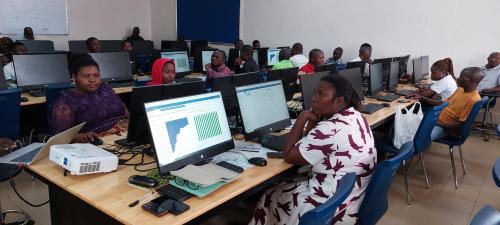
As part of CHISU’s work to strengthen Malawi’s health information system and improve the country’s data use, the program worked with the Government of Malawi to upgrade their DHIS2 software and supported the training of key users. Read more ›
Digital Health Week 2023 is an opportunity for the digital health community to share their successes, challenges, and perspectives on the role of digital health in achieving Universal Health Coverage (UHC). Several of the week’s themes resonate with CHISU’s work, but the theme of governance stands out. We asked CHISU team members: Why do you think governance is important when it comes to health data and digital health tools? And how does governance play a role in the work you do for CHISU? Read more ›
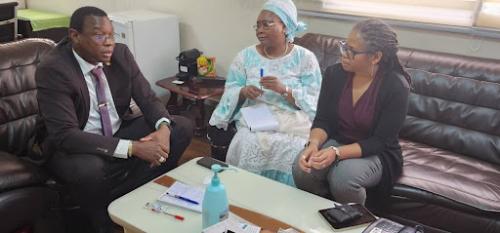
For CHISU Deputy Director Dr. Stephanie Watson-Grant, who recently traveled to several countries where the program works, the opportunity to visit country teams is “absolutely invaluable.” This is partly because she’s able to spend so much time with each CHISU expert (which she said equates to a year’s worth of being online), but also because she can better understand their context and the work they’re doing. Read more ›
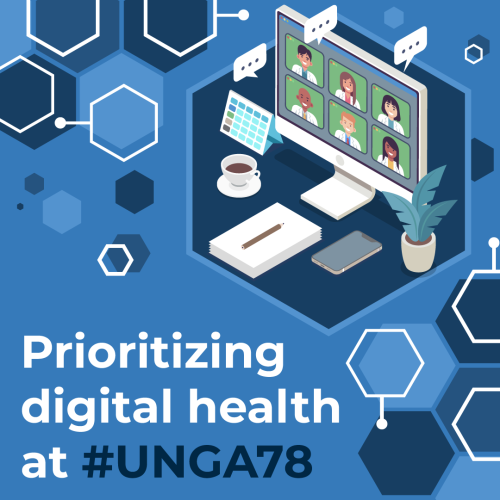
Reflecting on the role of digital health and transformation during this year’s UN General Assembly
World leaders have been convening in New York over the past week for the United Nations General Assembly (UNGA) high-level meetings. Here at CHISU, we’re closely following these discussions and their outcomes so we can apply our expertise and accelerate action to strengthen health information systems across the globe. Read more ›

On June 27, USAID and CHISU hosted a webinar titled: “Local and Global Health System Performance Monitoring.” The webinar was the second in our series that shares learnings from health system assessments using the High Performing Health Care (HPHC) Tool in low- and middle-income countries (LMICs). Read more ›
Moving from data to action: Improving data quality through subnational-level trainings in Indonesia
Turning data into action to improve health outcomes entails having processes, tools, and a workforce that’s able to assure that data are high-quality. To help address this need, CHISU is working with Indonesia’s Center for Data and Information (Pusdatin) to roll out the World Health Organization’s Data Quality Assurance (DQA) module, adapted to the country’s context and needs. Read more ›
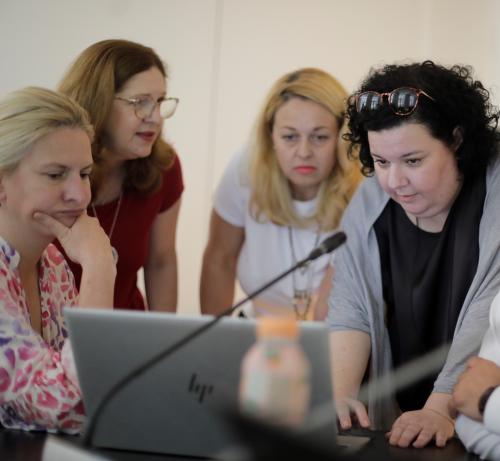
Supporting Serbia’s coordination body for health information system strengthening
CHISU provides technical support to Serbia’s eHealth coordination body created by the country’s government in 2023. This builds on previous work that started in 2021, when CHISU helped analyze Serbia’s health care situation and develop a five-year eHealth strategy and a two-year action plan. Read more ›
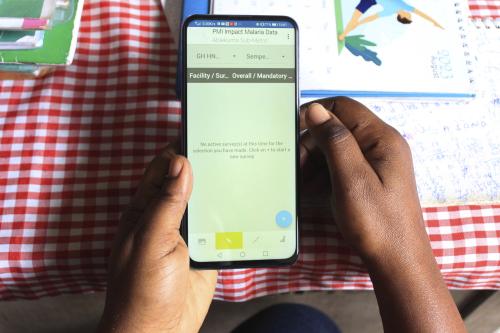
Digital approaches to supportive supervision in Ghana to improve health service delivery
In a busy peri-urban health center in the Jamestown district of Accra, Ghana, Eunice opens her mobile phone and clicks on the supervision app. She is part of a team that is conducting digital integrated supportive supervision activities to improve clinical service delivery. Read more ›
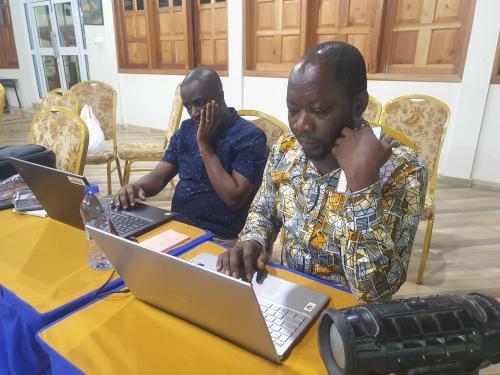
The Surveillance Outbreak Response and Analysis System (SORMAS) is an electronic tool for integrated disease surveillance and response (IDSR) with an added capability for outbreak management and contact tracing. [1] SORMAS allows for real-time monitoring of disease outbreaks and facilitates collaboration among different departments and actors involved in the response to any disease outbreak. Read more ›
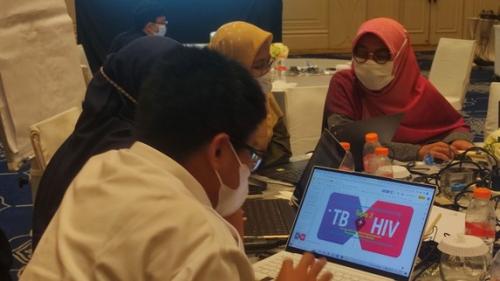
Before the COVID-19 pandemic, tuberculosis (TB) was the leading cause of death from a single infectious agent in Indonesia—making TB one of the country’s top priority health focus areas, with the aim to reduce the disease incidence from 354 (in 2021) to 65 per 100,000 people by 2030. Read more ›